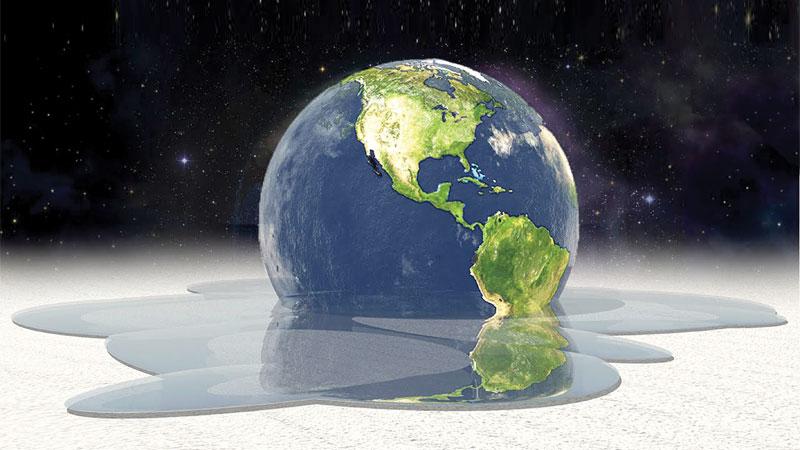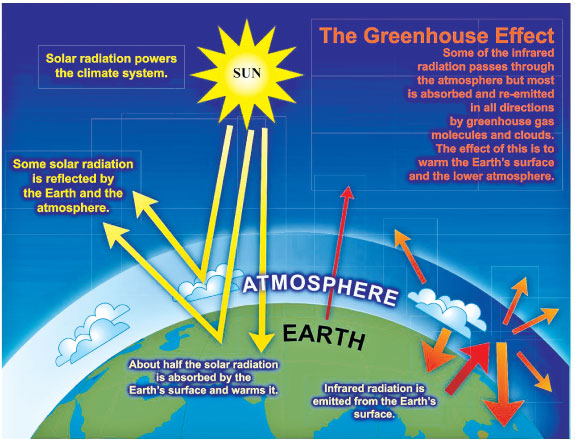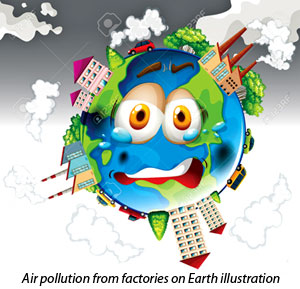
 What is global warming?
What is global warming?
Global warming is the term used to describe the rising of the average temperature on Earth. It has to do with the overall climate of the Earth rather than the weather on any given day.
 History of Global Temperatures
History of Global Temperatures
The Earth has gone through changes in temperature before. The Earth has even gone through several ice ages, when the temperature dropped significantly and a lot of the world was covered in ice glaciers. Each time the planet eventually warmed up and melted the ice.
Why is global warming important?
Even small variations of the planet's average temperature can have a large impact on the environment. For example, the ice ages that occurred generally involved a reduction in the global temperature of around 5°C.
What causes global warming?
Global warming is a very complex subject. Some scientists disagree as to what caused the rise in temperatures that occurred during the end of the 20th century. Things that can have an impact on global warming include the natural temperature fluctuations of the planet, greenhouse gases such as carbon dioxide, volcanic eruptions, and increased solar activity.
Here are few of the things that scientists think may happen as the temperature rises. Some of them are already happening:
Glaciers melting - Many glaciers are already melting and shrinking throughout the world. If the temperature increases they will continue to melt.
Ocean levels will rise - As the glaciers melt, the ocean levels will rise. This could cause flooding in cities located near the coast.
Migration of animals - Animals will migrate to cooler spots as their old habitats get too warm. This could upset the food chain and put some species in danger of extinction.
Extreme weather - Some scientists think that warming will fuel more powerful hurricanes as well as more droughts and flooding in different areas of the world.
Change in ecosystems - Cold weather biomes such as the tundra will shrink, while desserts will continue to expand.
Natural fluctuations
 The average temperature of the Earth has changed throughout history. Some of this is due to natural changes in temperature that occur over time due to a large number of variables. Even slight changes in nutrient cycles such as the carbon cycle, the oxygen cycle and the water cycle likely have an impact on the climate over time.
The average temperature of the Earth has changed throughout history. Some of this is due to natural changes in temperature that occur over time due to a large number of variables. Even slight changes in nutrient cycles such as the carbon cycle, the oxygen cycle and the water cycle likely have an impact on the climate over time.
Some scientists think that the current warming trend is just a part of the Earth's natural changes in temperature and it will eventually start to cool again.
Continued next week
